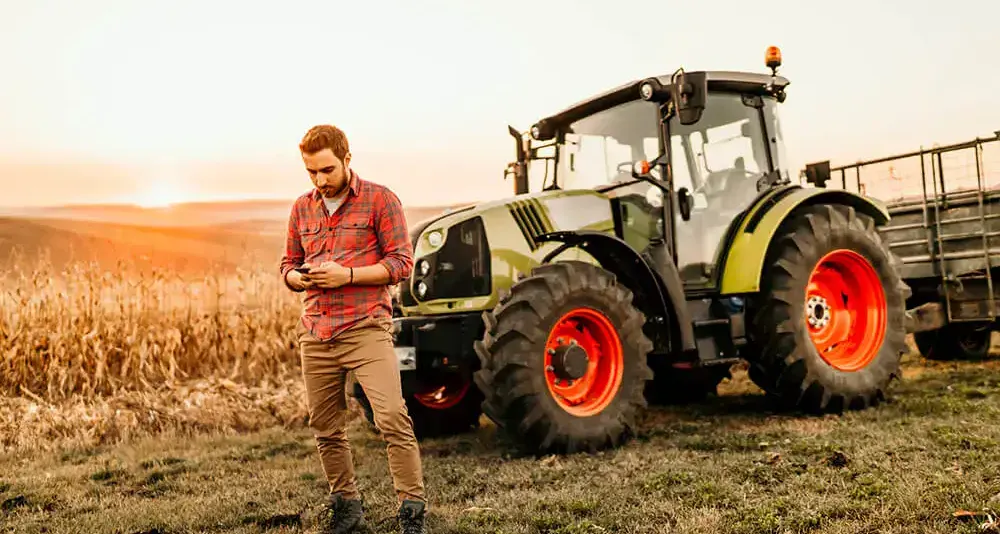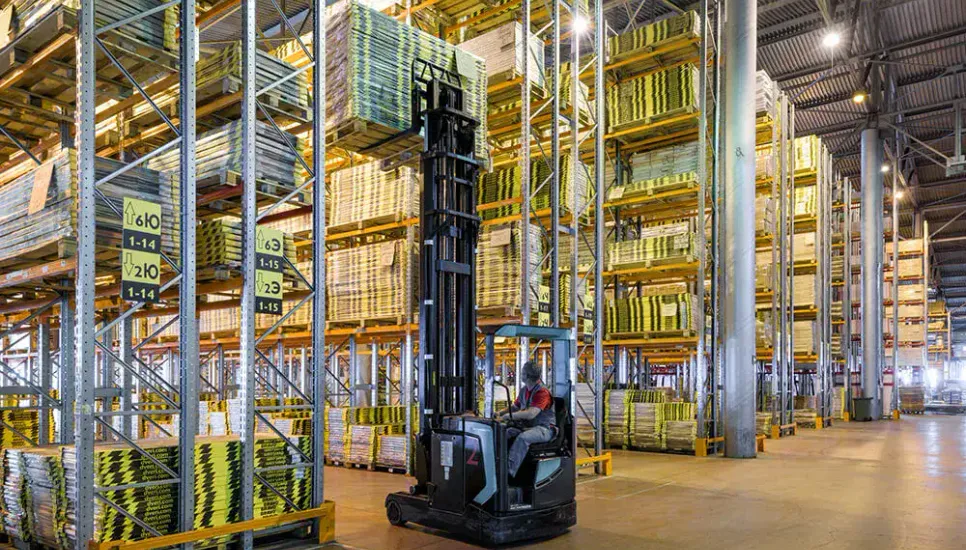Introduction
Although modern agriculture has given way to a variety of new tools and techniques, plowing continues to be one of the most important agricultural processes in modern history. Statistics indicate that human error is the primary cause of plowing accidents, which is why it is essential for workers in agriculture to receive sufficient safety training.Potential Hazards
The leading accident risks in plowing are as follows:
Hydraulic Pressure.
For equipment such as field cultivators, packers, or disk plows, it is highly recommended to always install cylinder locks. The latter helps to relieve the load on hydraulic cylinders before the hoses can be disconnected for transportation. Relying on tractors to bear oil pressure during transport is extremely hazardous.
Escaping hydraulic oil is highly dangerous and will easily penetrate the skin, causing serious injury and infection. In case of such an accident, it is recommended to immediately see a doctor or rush to the nearest medical facility.Transportation.
Extreme caution is advised when transporting plowing equipment. The latter’s added mass often demands additional front-end weight to ensure the stability of the tractor. Because of the sheer size of this machinery, operators should always travel at reduced speed, follow the local legislation, and avoid taking in any passengers.Colliding with or being struck by plows.
Pedestrians or passers-by can easily be struck by a tractor during a sharp turn. To avoid such accidents, operators must take additional precautions when driving around with equipment in tow.Heat Stress.
Tractor drivers often work outdoors, in direct sunlight, and frequently throughout periods of intense heat, as tilling and plowing activities take place at the beginning of the growing season. For areas with a warm climate, the growing season can often last all year round, thereby increasing the workers’ risk of experiencing heat stress.
Incident Prevention
Slow Moving Vehicle (SMV) emblems, reflectors, and lights will make it easier for other drivers and pedestrians to identify tractors with plows in tow, while reduced speed will ensure that the operator has a good margin of error to clear any obstacles, slopes, or tight turns.
Cylinder locks are a safe and easy way to prevent hydraulic oil accidents or the accidental lowering of plow equipment, both of which often lead to serious personal injury. More importantly, the operator should always ensure that nobody is in the vicinity of the farm equipment at any time, but especially during operation.
Personal protective equipment and knowledge of sun exposure will help operators avoid heat stroke, heat stress, and even skin cancer.
Recommended Safety Courses
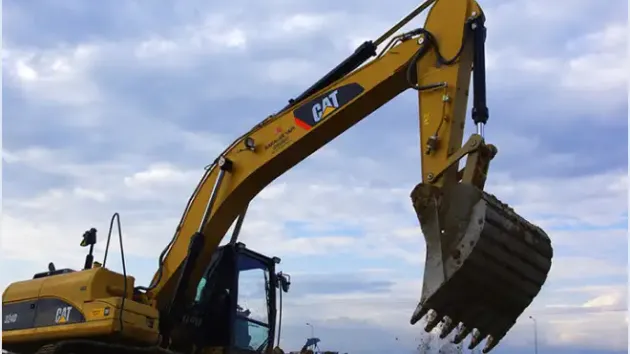
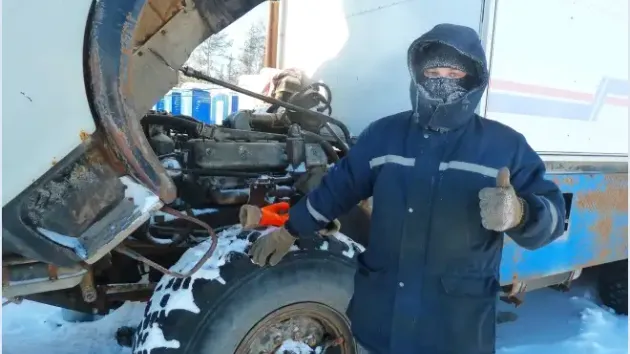
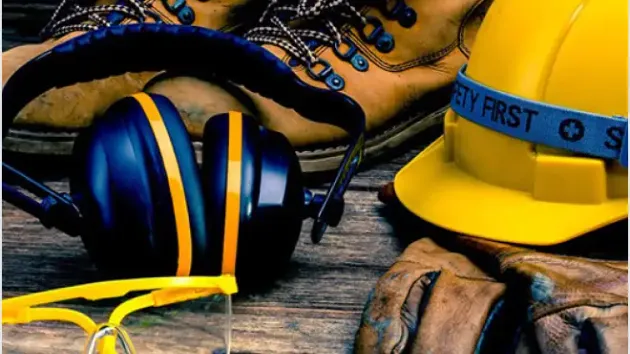
What You Can Do to Stay Safe
The best way to ensure the safety of the agricultural employees is to provide them with sufficient safety training so that they understand the risks associated with their work environment. Whether someone is working indoors or outdoors, there are always health and personal safety liabilities that have to be addressed on a regular basis.
Whether you are a farmhand, heavy machinery operator, or agricultural engineer, your wellbeing, as well as that of your co-workers depends on your having completed the required safety courses for your industry and position. This training is instrumental in the management and prevention of accidents while plowing.
To access a comprehensive list of safety courses advised for your work environment, navigate to the Agriculture & Food industry page and select your specific job.
